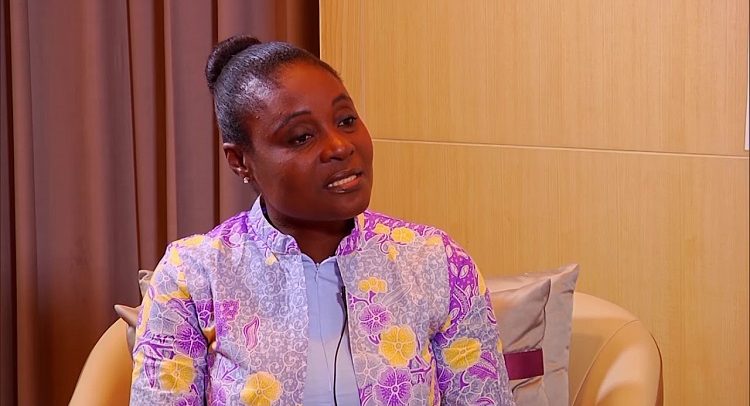Vivian Ahiayibor
Madam Vivian Ahiayibor, Managing Director of City Waste Recycling Limited, has stressed the need for micro, small and medium sized enterprises (MSME) that are into electronic wastes (e-wastes) to understand how to handle e-waste materials in order to help reduce their harmful effects.
She indicated e-waste comprised a multitude of components which contained toxic substances that could have an adverse impact on human health and the environment.
She further explained that e-waste had toxic substances such as mercury, lead, beryllium and cadmium, but the biggest risk were the substances known as brominated flame retardants (BFRs).
Ms. Vivian Ahiayibor, who said this during a workshop on environment, health and safety in Takoradi, added that e-waste materials emitted more toxins particularly, when burned at low temperatures.
The training workshop was part of a planned programme to train the MSME participants on sound environment, health and safety practices.
It was part of efforts at building the competencies and skills of MSMEs and was part of the European Union funded electronic waste management (E-MAGIN) project.
The two-day programme was attended by participants selected from institutions and associations in the e-waste sector.
They were mainly drawn from MSMEs in Cape Coast, Tarkwa as well as Western Scrap Dealers Association, National Air-conditioning Refrigeration Workshop Owners Association (NARWOA) and the Ghana Electronic Services Technicians Association (GESTA).
The participants were taken through the use of personal protective equipment and the disposal of e-waste in an environmentally friendly way among others.
Professor Rosemond Boohene, the project leader, assured the participants of the continuous assistance through the E-MAGIN project in the development of their businesses particularly, the implementation of sound environment, health and safety (EHS) practices.
“E-MAGIN is a 48-month project which is funded with grants from the European Union to improve the management of electronic waste in Ghana,” she explained.
She said the project was being implemented by the University of Cape Coast, Adelphi Research Germany, Ghana National Cleaner Production Center and City Waste Recycling Limited.
From Emmanuel Opoku, Takoradi

